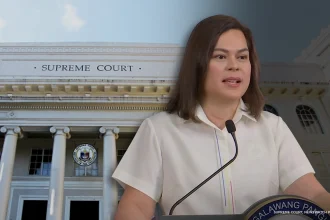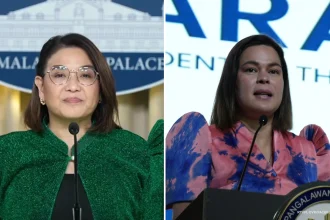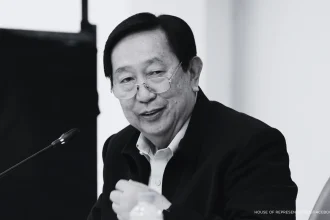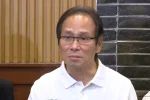
Metro Manila, Philippines – It seemed like yesterday for Rona Santarin as she recalled her first job application after finishing senior high school (SHS).
She was in one of the initial batches of SHS students with the hope of landing a job without a college diploma.
Rona applied as a barista at a coffee shop in 2018, but her employer raised a concern before work could even begin.
“Noong complete ko na ang requirements and then onboarding na ako, biglang (sinabi) hintayin muna natin na maka-enroll ka sa college. Akala ko kapag graduate ko ng senior high puwede na,” she said.
[Translation: When I had completed all the requirements and was about to start onboarding, suddenly they told me to wait until I could enroll in college first. I thought that once I graduated from senior high, I could start working right away.]
For the promise of work after two more years in high school, Rona said her employer’s request was a letdown.
“To be honest, disappointed ako…kasi ang sabi ng government kapag graduate ng senior high, puwede ka na mag-apply kasi iyon iyong purpose. Kasi nga hindi naman lahat afford mag-college,” she said.
[Translation: To be honest, I was disappointed…because the government said that once you graduate from senior high, you’re eligible to apply for jobs since that’s the purpose. Not everyone can afford to go to college.]
Nearly a decade after the program’s pilot, things hardly changed: high school graduates still face limited opportunities – with lesser chances against workers with a bachelor’s degree in a highly competitive job market.
In a recent report of the Second Congressional Education Commission (Edcom2) released on Monday, Jan. 27, senior high school graduates faced the biggest unemployment rate as of October 2022.
Data showed that the jobless rate for SHS graduates was in double digits, compared to college degree holders and those who acquired Technical and Vocational Education Training.

In 2024, a study from the Philippine Business for Education (PBED) said while willingness to hire SHS graduates had improved, actual employment was something else.
“While employers expressed their willingness and readiness to hire K to 12 graduates, only 27% of entry-level jobs in 2024 were projected to be filled by them due to a preference for applicants with college degrees. Additionally, one out of five employers still looked for work experience among applicants, even for entry-level positions,” PBED said.
Curriculum change
The Department of Education has recently announced plans to carry out an updated curriculum to cut the number of core subjects and focus on electives and immersion.
Education Secretary Sonny Angara said this may help students be more ready and equipped in the workforce.
While groups have welcomed the effort, they emphasized the role of employers in realizing the aspirations of senior high school students like Rona.
After launching a T-shirt start-up in Dasmariñas, Cavite, Rona made sure to take in people without a diploma – focusing on skills and potential instead of a degree.
Daniela Luna, who works for Rona’s “Shirt to Go,” finished Grade 11 under the Technical and Vocational Livelihood track and the information and communications technology strand. She had to shelve studies for lack of finances.
Unmindful of the competition from degree holders, Daniela said she can confidently apply what she learned from senior high school as a store receptionist.
“Iyong sa gadget po sa pagre-reply sa customer iyon po ang naapply ko sa ngayon…Doon ko nakakuha iyon sa customers na mas maayos na makikipag-communicate,” Daniela told NewsWatch Plus.
[Translation: The one with the gadget, for replying to customers, that’s what I’ve applied now… I got that from customers who communicate more effectively.]
Rona told fellow employers to keep doors open for senior high school graduates.
“Mayroon iyan skills [They still have skills]…Let’s create more opportunities for others because we have the capability to do that,” she said.
















